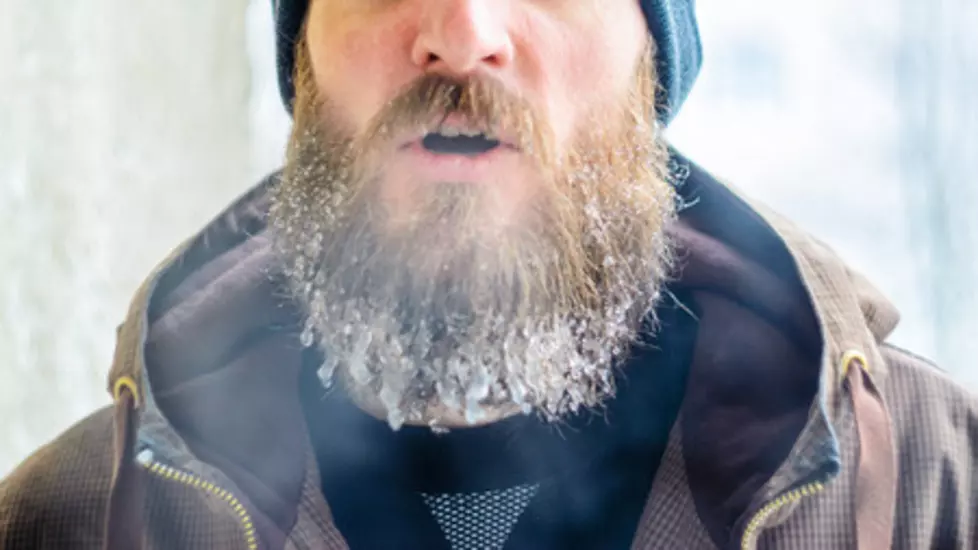
The Things Our Bodies Do When Exposed to Extreme Cold
You have to admit that we've really lucked out this winter. Well, lucked out if snow is something you're not crazy about. For the rest of us, we could do with more powder and less rain and ice.

While we haven't had a whole lot of snow and temperatures have generally been on the mild side, there have been a couple of days that were bitterly cold. The kind of cold that sucks the breath right out of a person as soon as they walk out the door. Speaking of feeling like your breath is being taken away in cold weather, have you ever wondered why that happens?
According to Dr. Nicolacakis of the Cleveland Clinic, “Cold air can trigger bronchospasm, a constriction in your airways. This makes it harder for air to get in and out of your lungs. But it’s not just the cold that causes irritation. It’s the extreme change in temperature and humidity—going from warm, moister air inside to cold, drier air outside, for example.”
Your body feeling like the air is being sucked out of it isn't the only thing that happens to our bodies when we're caught in extremely cold weather. Here are four other things that can happen to our bodies if exposed to very cold weather.
We Get Goosebumps
According to the Smithsonian,
The body hair of all mammals automatically stands up when cold, creating a fluffy layer of warmth. When we're cold, the muscles around the hair follicles contract – a reflex leftover from when our ancestors had long body hair. But since we don't have much body hair, all we see are the goosebumps on our skin.
Sometimes We Get Confused
Bustle reports that,
Hypothermia occurs when the body loses heat faster than it can warm itself, and as your body cools, organs that depend on warm blood begin to lose their functionality. That includes the brain. Confusion is a noted symptom of advanced hypothermia, which is why it's so dangerous to be out in extreme cold.
Our Hands and Feet Get Cold First
There's a great reason our hands and feet get cold first. Healthline says,
When it's cold outside, your body makes sure to keep the blood flowing to your core and vital organs to keep them warm. This can change the amount of blood flow to your hands and feet, making them feel cold. ... The blood vessels in your hands and feet constrict (spasm) when it's cold, to prevent heat loss from your core.
We Can Temporary Go Blind
Temporary blindness is a very real thing in cold weather. According to PeaceHealth,
. ... Snow blindness is not directly caused by cold temperatures but does occur in snow conditions. Sunlight reflecting off the snow can cause a corneal injury or burn. Eyelids may become red and swollen.
More From 99.1 The Whale




![Five Freakish Things That Might Predict Your Health [GALLERY]](http://townsquare.media/site/498/files/2020/12/15401pre_1879d1093424699.jpg?w=980&q=75)




